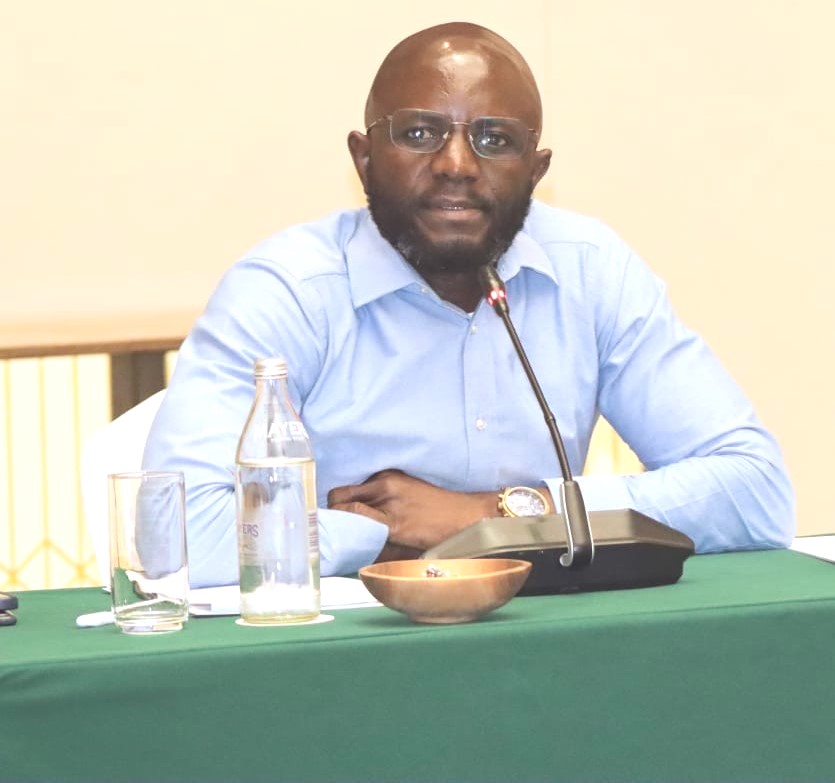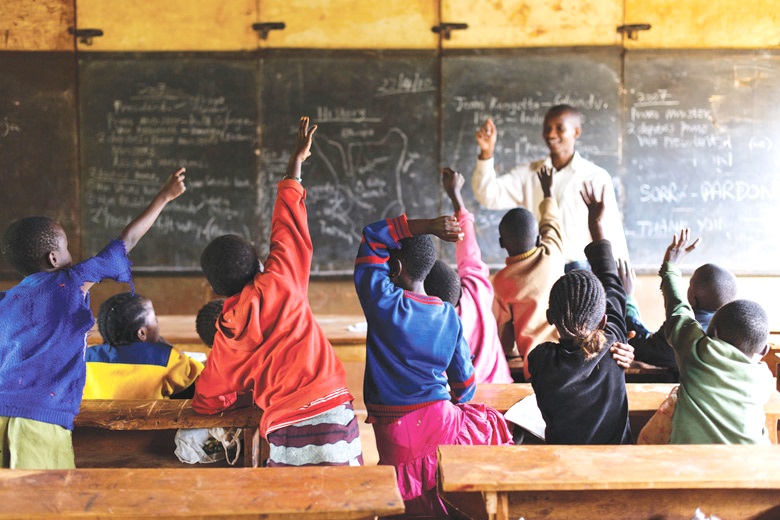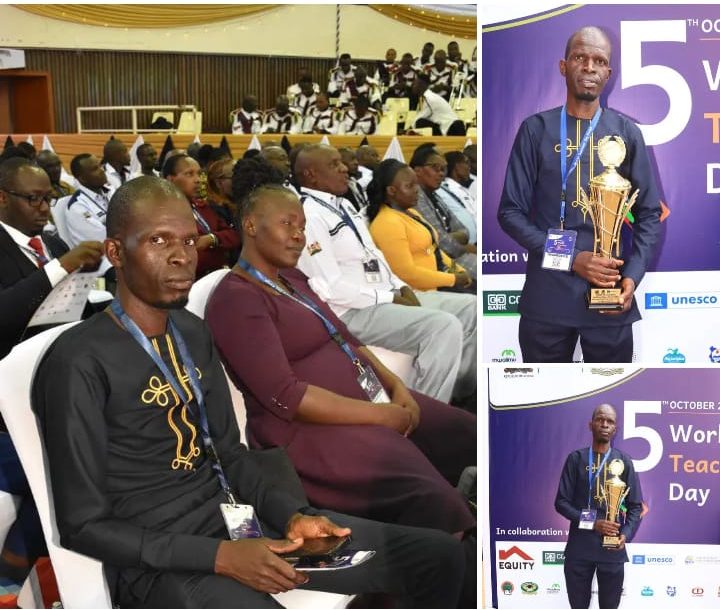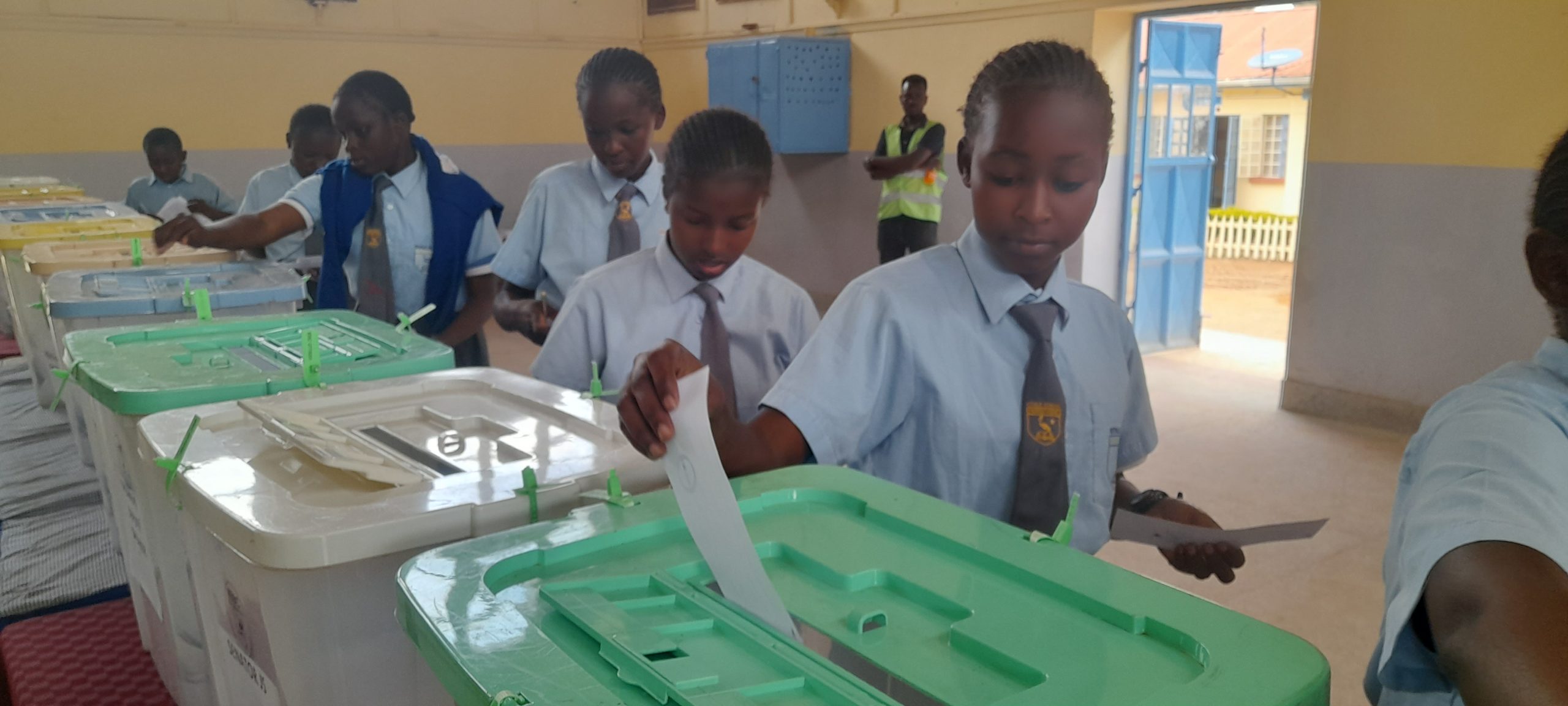According to the information provided on the official Parliament of Kenya website (www.parliament.go.ke), the education sector is set to receive the highest allocation in the National Government’s Budget Estimates for the Financial Year 2025/26.
A detailed analysis by the Parliamentary Budget Office shows that education will account for 28.1 per cent of the total budget, translating to Kshs. 701.1 billion.
This substantial allocation will support school capitation across primary, junior secondary (JSS), secondary, TVET, and university institutions. It will also cover the remuneration of teachers, instructors, and lecturers and the development and expansion of educational infrastructure.
The budget report has been formally tabled before the Budget and Appropriations Committee, chaired Samuel Atandi (Alego Usonga).
The committee is now set to receive submissions from Departmental Committee Chairpersons overseeing various Ministries, Departments, and Agencies.
The Energy, Infrastructure, and ICT sectors received the second largest allocation, Kshs. 500.7 billion, closely following education. Of this, Kshs. 195 billion is earmarked for road maintenance, rehabilitation, and construction. Rail and air transport will receive Kshs. 46 billion.
The energy and petroleum subsector will get Kshs. 92 billion, targeting electricity generation, distribution, and last-mile connectivity.
Kshs. 119 billion has been allocated for housing and urban development, including Kshs. 95 billion from the Affordable Housing Fund.
The recurrent expenditure in this sector includes Kshs. 69 billion from the Road Maintenance Levy Fund and Kshs. 25 billion from the Petroleum Development Levy.
Under the National Treasury and Economic Planning docket, Kshs. 58 billion is allocated to the National Government Constituencies Development Fund (NG-CDF), and Kshs. 10.2 billion to the Equalisation Fund. The Kenya Revenue Authority (KRA) will receive Kshs. 32 billion to enhance revenue collection efforts.
Further allocations in this category include Kshs. 11.5 billion for Financing Locally Led Climate Action (FLLoCA), Kshs. 13.5 billion for the Global Fund targets Malaria, TB, HIV, and Kshs. 9.6 billion for Kenya’s subscriptions to the African Union and other international bodies.
READ ALSO;
CBE national report emphasizes teacher motivation for successful implementation
The Governance, Justice, Law, and Order (GJLO) sector is set to receive Kshs. 276.65 billion. The breakdown includes Kshs. 125 billion for the National Police Service, Kshs. 38 billion for Correctional Services, and Kshs. 35 billion for Internal Security and National Administration.
Immigration and Citizen Services will get Kshs. 20.3 billion, the Judiciary Kshs. 26.6 billion, and the Independent Electoral and Boundaries Commission (IEBC) Kshs. 9.6 billion.
The government has allocated Kshs. 251 billion to the national security sector, with Kshs. 200 billion going to the Ministry of Defence and Kshs. 51 billion to the National Intelligence Service.
In the health sector, Kshs. 136.8 billion has been allocated. This includes Kshs. 54 billion for National Referral and Specialised Services, Kshs. 16.8 billion for Reproductive, Maternal, Newborn, Child, and Adolescent Health, and Kshs. 13 billion for the Primary Healthcare Fund.
An additional Kshs. 10 billion is earmarked for the Emergency, Chronic, and Critical Illness Fund. KEMSA will receive Kshs. 5 billion, KMTC Kshs. 8.8 billion, and Kshs. 4 billion will support the implementation of Universal Health Coverage (UHC).
The Agriculture and Rural Development sector will receive Kshs. 78 billion, aimed at boosting food security and lowering the cost of living. Notable allocations include Kshs. 8 billion for the fertiliser subsidy programme, Kshs. 10 billion for the National Agricultural Value Chain Development Project, and Kshs. 5.8 billion for the Food Systems Resilience Project.
Additional funds include Kshs. 2.3 billion for pastoral economy value enhancement, Kshs. 4.8 billion for fisheries, aquaculture, and Kshs. 2 billion each for sugar reforms and the Coffee Cherry Revolving Fund.
You can also follow our social media pages on Twitter: Education News KE and Facebook: Education News Newspaper for timely updates.
>>> Click here to stay up-to-date with trending regional stories
>>> Click here to read more informed opinions on the country’s education landscape
>>> Click here to stay ahead with the latest national news.






